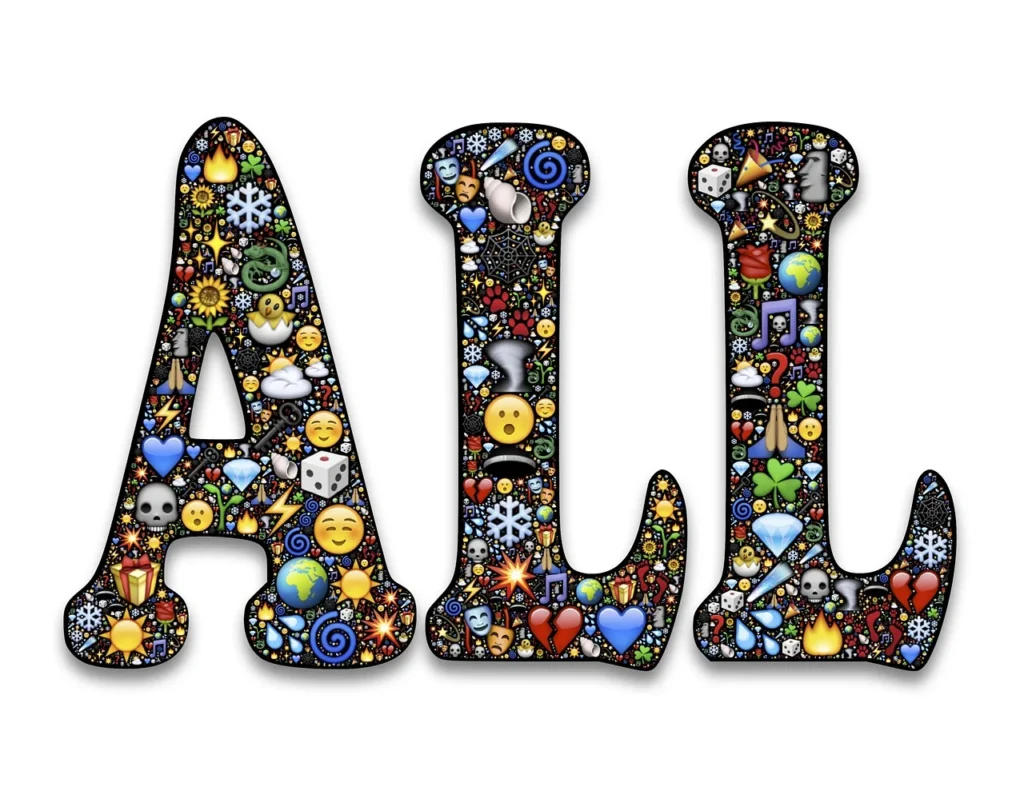In ALL Things

I, Brahman, the Supreme Godhead, in My unmanifested (invisible) form, pervade everything and every creature in the universe. I am the origin of everything that is and is not. All beings in all the worlds exist, in spirit, within Me and depend on Me. But I do not abide in them because that would limit Me. This is the Divine mystery of Me as the unmanifested Godhead. I am never confined, attached, changed, or in any way limited. As birds fly across the sky leaving no trace, I, like the sky, am ever Myself, unaffected by anything of the phenomenal world.
The Bhagavad Gita – Jack Hawley translation 9.4-6
I am excited to hear from you readers out there what chapters 9 and 10 of The Bhagavad Gita mean to you. Frankly there are so many things within these chapters that remind me how profound this text is, especially knowing its origination and timeline. As one of my ageless students responded when I made the point that The Gita was written “before most modern religions existed”, she said “yes, but not before God existed”. And, I love that! As these next two chapters highlight, the idea of a “Godhead” has existed before time began and continues in every culture and every time period since. We are born and we question why we are, where we are, who we are, and where we came from. We can get mired in some of the specifics of The Gita, but if we can put aside a lot of the specifically cultural context from the time it was written, what is said about God and Divinity and “The Godhead”, to me resounds in every religion or any origin story that has cropped up since.
Because I am endless, the variety of ways I am adored is endless.
The Bhagavad Gita – 9.16
The point I think The Gita makes is that it is not the HOW of the worship, but the intent. There are so many ways we miniaturize or even in some ways diminish the awe-inspiring power and all-encompassing nature of Divinity by seeing God as only one thing or only in a few things, instead of ALL things. The list goes on and on in chapters 9 and 10 as Krishna tries to explain to Arjuna qualities and aspects of God, but in the end can only “give you a glimpse of a few” (10.19). The completeness of God is almost unfathomable by the mortal, but through our efforts we may catch glimmers. What do you see or feel as the essence of Divinity in ALL forms?? For you what would be the epitome or essence of any of the things listed in The Gita: scripture, light, trees, teachers, animals, even weapons and deceitful practices???
Knowing these mystical details, you glimpse My Divine power. You know that whatever you sense or perceive in the entire cosmos is that power, and you therefore know that you could no more be separate from Me than you could be separate from your very life.
The Bhagavad Gita 10.7
And this is where we might start to have more difficulty with the idea that nothing is free of this Divinity. Krishna states, “I am equally present in all beings and show the same face to all creation; none are favored, none are hateful, and none dear…I dwell even in the misguided…I see no sinner.” (9.29-31) It is easier to view actions as “bad” or “good”, people as “bad” or “good” explicitly. Understanding that all beings are Divine and recognizing the role of choices in creating karma can be challenging. Every action, whether aligned with or deviating from our ultimate dharma, had a profound impact on our spiritual journey. In spirituality we have to be “ok” with “not knowing” and not judging and be open to close observation and acceptance that God is everywhere and in all things. Divinity has no agenda, just guidance.
Everyone who takes refuge in Me, whatever their birth, gender, or position in society will attain the supreme goal of merging into Me. This is true even for those whom society may scorn or consider to be ineligible (women in some cultures, for example, or lower classes in others). There is no such thing as a sinful or wicked birth. Where there is a hurricane of love in the mind and the heart all human distinctions vanish.
The Bhagavad Gita – 9.32
The good news is, Krishna does list some “godly attributes of ordinary humans” (10.4-5) so we have some signs along any path if we are acting well or going the wrong direction: intellect, patience, wisdom, peace of mind, self-restraint, control of ego, discrimination, equanimity, non harm, purification, self-discipline, charitable giving, etc… All of which seem to correspond with a doubt-free, balanced and equanimous mind.